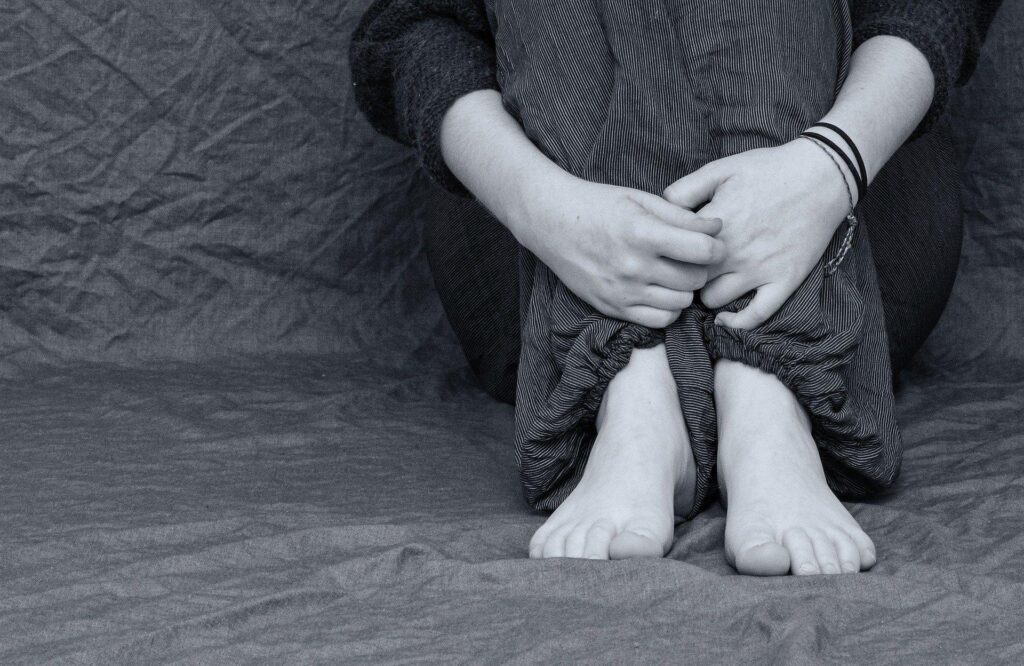FAQs
The resources provided here are an excerpt from the Sexual Assault FAQs Presented by the R.I. Statewide Taskforce to address Adult Sexual Assault.
Check out the full resource to access more answers to frequently asked questions, as well as listings of law enforcement advocates, counseling services, and departmental resources.
These FAQs are a result of a collaboration between stakeholders from across the State of Rhode Island to address adult sexual assault. These FAQs are written to provide helpful information for adult victims of sexual to certain populations of adults (i.e., college students), most of the information contained herein is applicable to all adults, including elders. These FAQs are provided for general information only and do not constitute legal advice. For more detailed information, please contact the agencies or institutions listed in the Resource Section of these FAQs.
What is sexual assault?
Under Rhode Island law, sexual assault includes sexual penetration or sexual contact that occurs when one of the following is true:
- the accused, not being the spouse, knows or has reason to know that the victim is mentally incapacitated, mentally disabled, or physically helpless;
- the accused uses force or coercion;
- the accused, through concealment or by the element of surprise is able to overcome the victim; or
- the accused engages in the medical treatment or examination of the victim for the purpose of sexual arousal, gratification, or stimulation.
For exact language of the statute see R.I. General Laws Chapter 11-37.
Frequently Asked Questions
I am the victim of sexual assault. How do I file a police report?
If the sexual assault just happened, or you are in danger, call 911. The operator will contact your local police department or call and have a police officer respond to your location to document the sexual assault. Reports to the police must be made in person.
Additionally, you can contact Day One and Day One can connect you with the police. Law Enforcement Advocates and Day One advocacy coordinators are available to support you throughout the process.
I want to report someone, but don’t want to file a report. Can I do that?
The answer is yes; you will not be forced or obligated to report if you are not willing to report. However, under R.I. General Laws, in order to arrest a person for sexual assault, there needs to be a signed complaint from the victim. Accordingly, if you do not want to sign of go forward with the complaint, the police will most likely not take any action, but they can record the identity of the suspect in their records.
It’s the other person’s word against mine. How will the police handle this?
The reality of these types of crimes is that they do not generally take place in front of witnesses.
- If there is a chance that there may be DNA on your body or clothing, it is important to collect the evidence as quickly as possible.
- If there is injury, it is important to document the injury.
- If you were incapacitated at the time of the assault, due to the voluntary or involuntary consumption of alcohol or other drugs, blood and urine tests will be important to confirm that information.
What is a SANE, or sexual assault nurse examiner?
Sexual Assault Nurse Examiners (SANE) are registered nurses who have completed specialized education and clinical preparation in the medical forensic care of patients who have experienced sexual assault or abuse. SANE nurses provide:
- Timely, compassionate, patient-centered care that is both supportive and reduces further trauma to the patient
- Standardized care to the patient who reports a sexual assault, including thorough assessment, evidence collection, and coordinated care with a patient advocate, and other specialties as needed.
What is a sexual assault evidence collection kit?
A sexual assault evidence collection kit is a kit that includes a checklist, materials, instructions, envelopes and containers to package specimens collected during a sexual assault evidence collection exam.
What is a sexual assault evidence collection exam?
An evidence collection exam that is used to document injuries and collect specimens from the victim of a sexual assault, which can be used as evidence.
- If you are going to have an evidence collection exam, it should be done within 96 hours of the sexual assault for adult victims in order for it to be effective
- It is preferable that you do not shower or change your clothes; however, it can still be completed regardless of whether you have showered, bathed, gone to the bathroom, or changed clothes.
- If you arrive at a hospital after 96 hours, you should still undergo a medical evaluation, but depending on the circumstances of the assault, some evidence may not be able to be collected. You can still bring the clothes you were wearing at the time of the assault to the hospital or a police station in a paper bag.


